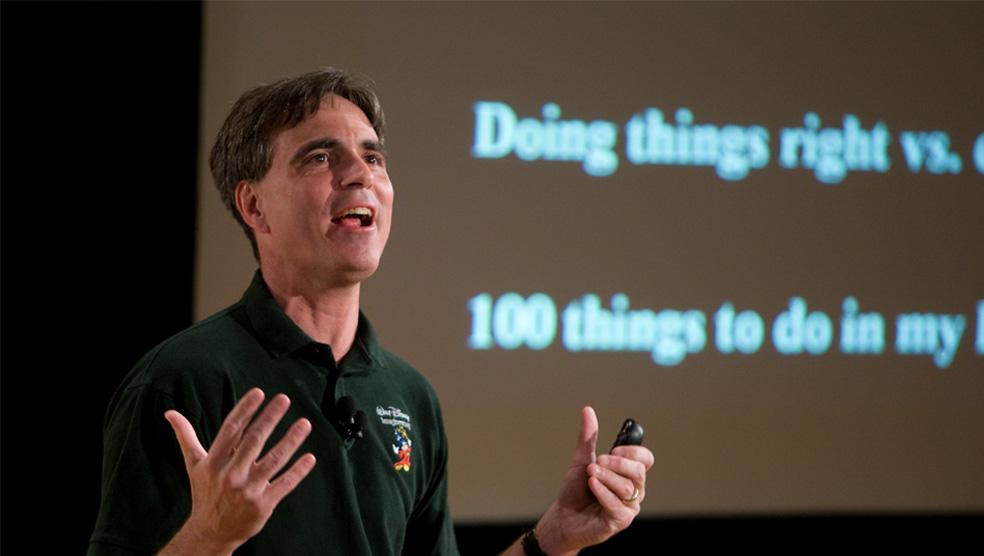Be Prepared to Be Amazed

Celeste Headlee is an American Broadcaster with a very popular TED Talk: 10 ways to have a better conversation. Her description of the ingredients of a great conversation caught our attention because parenting experts have told us that Gifting Sense Gift Surveys are changing the conversations that families are having about spending.
It’s really worth the eleven and a half minutes it takes to watch the talk, but if you just can’t swing it, know this: According to Stephen Covey, most of us listen with the intent to reply versus understand. This certainly sounds familiar to parents feeling bombarded by frequent requests. In the rush to move on to the next task in front of us, the “sure” or “not this time” is half-way out before our kids have even finished asking.
We have some good news: It turns out Gift Survey summaries can serve as perfectly-sized agendas for some great family conversations. Furthermore, as Ms. Headlee suggests, we’ve found that when you really take the time to listen to why your kids want the things they ask for, you can be prepared to be amazed.
While our mission is to help parents teach their children how to be more thoughtful consumers, it turns out that our tested-tools also encourage at least half of the habits known to lead to better conversations.
Here’s how:
- When your family is discussing a possible purchase already knowing it’s DIMS (Does it Make Sense) Score, total cost and/or cost-per-use, no one has to multi-task to figure these things out during the conversation, and according to Celeste, you really can’t have good conversations when multi-tasking.
- When your family’s conversation is about the information contained in a pdf summary sitting in front of them, it’s harder for someone to move off topic and begin to preach about their pet peeves, and according to Celeste, conversations aren’t for pontificating, blogs are!
- We have found that most kids are forced to realize that they haven’t been completely realistic about the total cost of an experience, or their anticipated use of an item, when they have the hard numbers in front of them. Although broad questions tend to lead to better conversations because they allow for a wider range of responses, when you are talking about money, you need specific questions asked and answered.
- We often equate our own experiences with our children’s, but today’s kids are growing up with devices and social pressures we couldn’t even have conceived of when we were young. Families get a chance to discuss how different it was when various members were growing up by talking about the answers to DIMS SCORE® questions, like #3 in an Experience Gift Survey: Is this your first time going to….. a concert or professional sporting event?
- As the old saying goes “…no one ever listened their way out of a job.” By listening to the reasons why a young person in your life is asking for something, you are getting a chance to learn about their interests and preferences in a non-prying way. Parents of teens in particular often complain that their kids won’t talk to them – so seize the opportunity when they will – even if it is “just because they want something”.


In 2017, we are challenging parents everywhere to take every opportunity to teach their kids about money, and have some great conversations while doing it. We’re thrilled that our process can help families accomplish both. It’s just one more reason why we’re working harder than ever to spread the word that “Financial literacy is one of the best gifts parents can ever give their children.” Now there’s an idea worth sharing!




